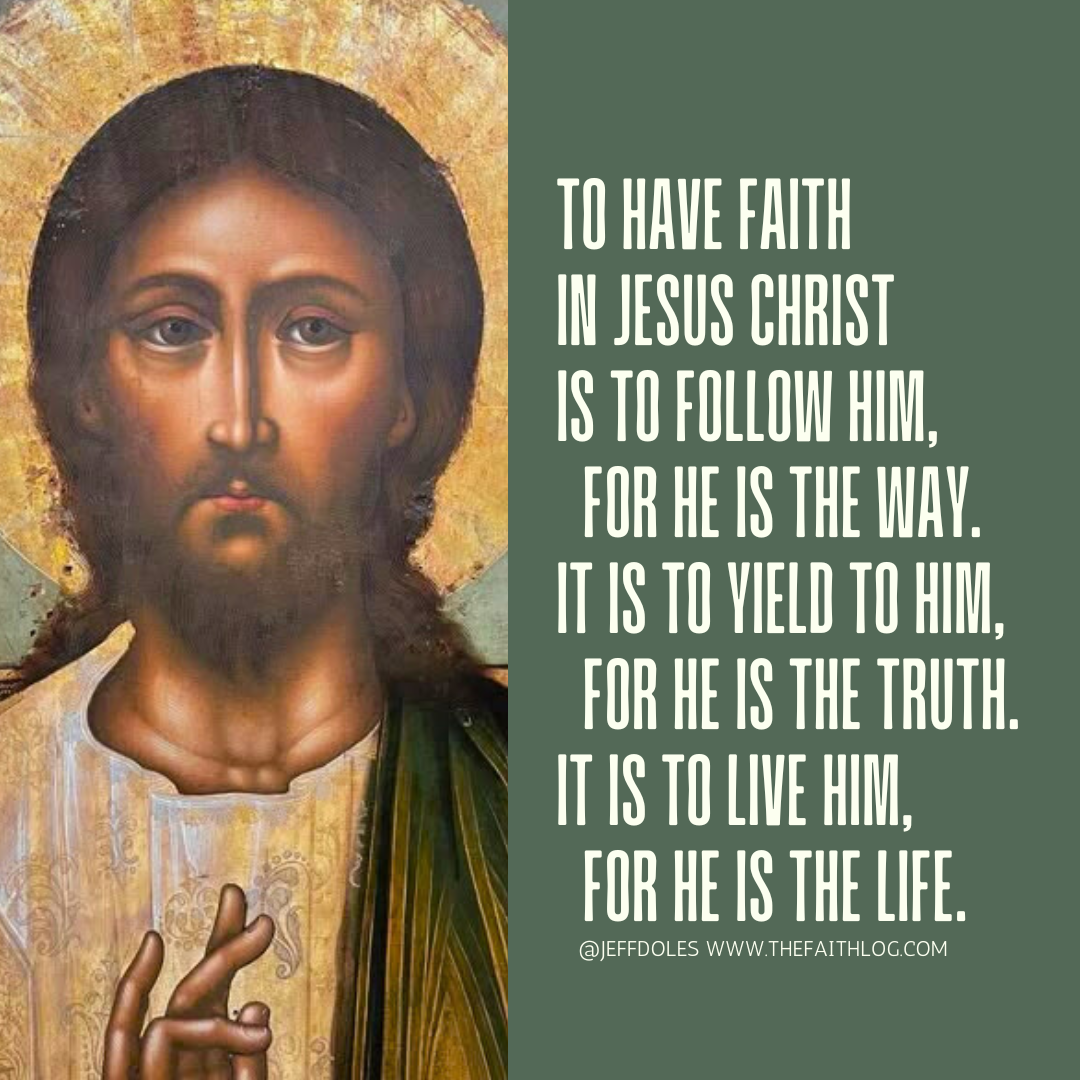In First Corinthians 15, St. Paul unfolds for us the gospel and its cosmic dimension. He begins: “Now, brothers and sisters, I want to remind you of the gospel I preached to you, which you received and on which you have taken your stand. By this gospel you are saved, if you hold firmly to the word I preached to you. Otherwise, you have believed in vain. For what I received I passed on to you as of first importance: that Christ died for our sins according to the Scriptures, that he was buried, that he was raised on the third day according to the Scriptures" (1 Corinthians 15:1-4). In the balance of the chapter, he shows the scope and significance of the gospel, and its final resolution:
Then the end will come, when he hands over the kingdom to God the Father after he has destroyed all dominion, authority and power. For he must reign until he has put all his enemies under his feet. The last enemy to be destroyed is death. For he “has put everything under his feet.” Now when it says that everything has been put under him, it is clear that this does not include God himself, who put everything under Christ. When he has done this, then the Son himself will be made subject to him who put everything under him, so that God may be All in All. (1 Corinthians 15:24-28)
The gospel Paul preaches is not merely a local or regional concern but is without geographical boundaries — indeed, it knows no cosmic limitations whatsoever. In several other of his epistles, Paul lays out the “big picture,” the express and eternal purpose and pleasure of God accomplished through Christ.
For the creation waits in eager expectation for the children of God
to be revealed. For the creation was subjected to frustration, not by
its own choice, but by the will of the one who subjected it, in hope
that the creation itself will be liberated from its bondage to decay and
brought into the freedom and glory of the children of God. We know that
the whole creation has been groaning as in the pains of childbirth
right up to the present time. Not only so, but we ourselves, who have
the firstfruits of the Spirit, groan inwardly as we wait eagerly for our
adoption to sonship, the redemption of our bodies. (Romans 8:19-23)
He made known to us the mystery of his will according to his good pleasure, which he purposed in Christ, to be put into effect when the times reach their fulfillment — to bring unity to all things in heaven and on earth under Christ. (Ephesians 1:9-10)
For God was pleased to have all his fullness dwell in him, and through him to reconcile to himself all things, whether things on earth or things in heaven, by making peace through his blood, shed on the cross. (Colossians 1:19-20)
It is the salvation, the redemption, the deliverance, of all of heaven and earth; which is to say, of everyone and everything. All are brought to unity and summed up in our Lord Jesus Christ. “And God placed all things under his feet and appointed him to be head over everything for the church, which is his body, the fullness of him who fills everything in every way” (Ephesians 1:22-23). Christ is the one who fills everything in every way, and the Church, which is the Body of Christ, is that fullness of him. In this way, all creation becomes the Body of Christ, and so does God become All in All.
We find this understanding echoed in the early Church Fathers. For example, in St. Irenaeus of Lyons, in Origen of Alexandria, and in St. Athanasius of Alexandria:
For the Creator of the world is truly the Word of God: and this is our Lord, who in the last times was made man, existing in this world, and who in an invisible manner contains all things created, and is inherent in the entire creation, since the Word of God governs and arranges all things; and therefore He came to His own in a visible manner, and was made flesh, and hung upon the tree, that He might sum up all things in Himself. (St. Irenaeus, Against Heresies 5.18.3)
If, then, that subjection be held to be good and
salutary by which the Son is said to be subject to the Father, it is an
extremely rational and logical inference to deduce that the subjection
also of enemies, which is said to be made to the Son of God, should be
understood as being also salutary and useful; as if, when the Son is
said to be subject to the Father, the perfect restoration of the whole
of creation is signified, so also, when enemies are said to be subjected
to the Son of God, the salvation of the conquered and the restoration
of the lost is in that understood to consist. (Origen, De Principiis 3.5.7)
For the Lord touched all parts of creation, and freed and undeceived them all from every deceit. As St. Paul says, “Having put off from Himself the principalities and the powers, He triumphed on the cross,” so that no one could possibly be any longer deceived, but everywhere might find the very Word of God. For thus man, enclosed on every side by the works of creation and everywhere — in heaven, in Hades, in men and on the earth, beholding the unfolded Godhead of the Word, is no longer deceived concerning God, but worships Christ alone, and through Him rightly knows the Father. (St. Athanasius, On the Incarnation, 45)
Christ is intimately and inextricably
united with all creation. It is
as all creation
is subject to Christ, and Christ is subject
to the
Father, that God is All in All.




















